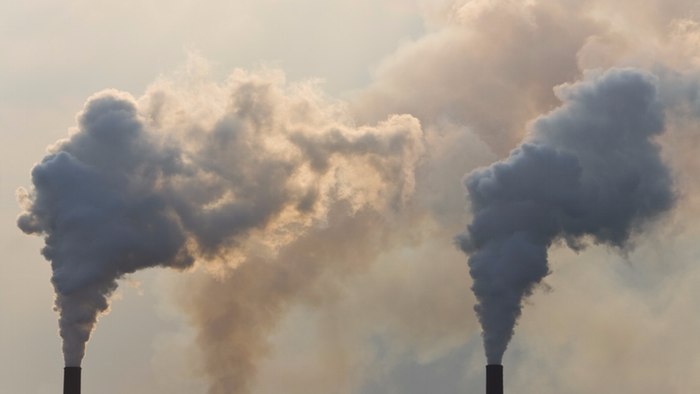The world is getting warmer, with 13 out of the 15 warmest years
on record occurring in the current century. But just how sure are we
that humanity's burning of oil and coal is the key factor in the
temperature increase? A new project, led by researchers at the
Potsdam Institute for Climate Impact Research, has answered that
very question, working to estimate the likelihood of those
temperature trends occurring naturally.
That likelihood has been estimated to be incredible tiny in the past, as low as 1 in 650 million. The problem is that natural climate change – warming that would occur without the presence of mankind – tends to gradually rise and fall over periods of at least several years at a time. That gradual process makes it difficult to accurately separate the natural and human causes of warming, in turn making it tough to arrive at a truly reliable estimate.
To improve our understanding, the Potsdam Institute team used temperature data ranging from 1880 to 2014 to map the recorded fluctuations, while using computer simulations of the planet's climate to take the natural warming factor into account. Once all the numbers were crunched, the team found the likelihood of the trend occurring naturally to be between 1 in 5,000 and 1 in 170,000.
While those numbers are significantly higher than some other estimates, the researchers believe that the odds are low enough to suggest that the observed temperatures are extremely unlikely to occur without the impact of humanity's greenhouse gas emissions. In fact, the stats suggest that the record temperatures are roughly 600 to 130,000 times more likely to have occurred as a result of human emissions than without them.
Furthermore, while the data used for the analysis only runs up until 2014, the temperature readings for 2015, which arrived after the work was complete, show it to be the warmest year on record. Had that data been included in the study, then the numbers would have been more damning, with the chance of humanity's actions not being the cause shrinking even further.
"Natural climate variations just can't explain the observed recent global heat records, but man-made global warming can," said study co-author Stefan Rahmstorf, summarizing the findings. "It has led to unprecedented local heat waves across the world – sadly resulting in loss of life and aggravating droughts and wildfires. The risk of heat extremes has been multiplied due to our interference with the Earth system, as our analysis shows."
The researchers published the findings of their study in the journal Scientific Reports.
